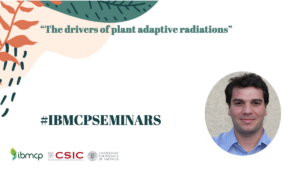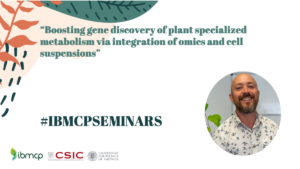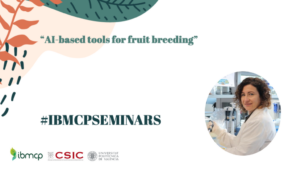“The control of bud dormancy cycle in fruit trees”
Dormancy is an essential developmental program that allows tree adaptation to low temperatures in winter. The mechanisms that regulate dormancy are highly heritable, suggesting a strong genetic control of this trait. However, the genetic networks controlling dormancy cycle in trees are still unknown. In the AFEF team, we study the control of dormancy cycle in fruit trees by using genetic, molecular and genomic approaches. We have made use of sequential DNA Affinity Purification sequencing (seq-DAP-seq) to gain knowledge on the function of a group of MADS transcription factors (TFs) in the control of winter bud dormancy of apple (Malus domestica). We found that these MADS TFs form transcriptional complexes that act in a gene regulatory network (GRN) to regulate dormancy cycle progression. In parallel, we have investigated the potential role of small RNAs during the dormancy cycle. To this end, we have isolated small RNAs from apple buds during dormancy and described a miRNA/target regulatory module that could participate in the control of budbreak by acting on the sensitivity to abscisic acid. Finally, we have performed a Genome Wide Association Study (GWAS) on a collection of 242 apple tree cultivars to identify genes involved in the control of dormancy cycle. Our GWAS resulted in the identification of candidate genes that are strongly associated to flowering time. The potential role of these genes in affecting dormancy cycle will be discussed.
https://teams.microsoft.com/l/meetup-join/19%3ameeting_NzJlMTA3MjItODEwNC00YjlhLWI0ZDctNWYxYjdmMTRhMjM4%40thread.v2/0?context=%7b%22Tid%22%3a%22be4655df-ac73-401f-a7ae-198c3b72d0c6%22%2c%22Oid%22%3a%22376ccfde-b99e-4095-9967-ec6973c53f4d%22%7d





